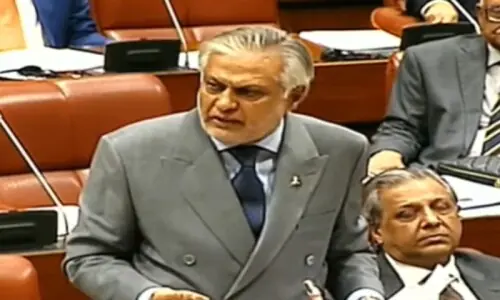Thousands of poor city migrants whose livelihoods have collapsed due to India’s coronavirus measures headed back to their villages on Saturday, raising fears that the exodus could carry the virus to the countryside.
About one fifth of India’s 271 confirmed coronavirus cases has been reported in the western state of Maharashtra — home to Mumbai, the country’s largest city and economic powerhouse. So far, India has registered four deaths due to the virus.
Prime Minister Narendra Modi has urged Indians to stay at home to fight the outbreak. Maharashtra state authorities ordered on Friday the closure of all shops and offices, apart from those providing essential services, until March 31.
For Indians who drive rickshaws or run food stalls, the economic shock of such control measures has been huge, pushing them to leave for family homes where they typically do not pay rent and food is cheaper.
"Work has stopped. I’ll go back and work on the farm," said Rakesh Kumar Gupta, 40, who sells mosquito nets and was heading back to his family house in the northern state of Uttar Pradesh.
On Saturday, hundreds of people, many young men wearing masks and lugging backpacks, jostled in long queues to board trains at Mumbai’s Lokmanya Tilak Terminus station.
India’s state-run railway operator laid on 17 special train services starting on Friday to ferry people out of the Mumbai area to eastern and northern India, spokesman Shivaji Sutar said.
Health specialists say large-scale population shifts to rural areas could hasten the spread of coronavirus in India, a country of 1.3 billion people with weak public health care — especially in the countryside.
India has about 120 million migrant laborers, according to labour rights group Aajiveeka.
"This really is the beginning of community spread, assuming there haven’t been forerunners," said Dr Rajib Dasgupta, a professor of community health at the Jawaharlal Nehru University in New Delhi.
The Indian Railways spokesman said they were screening passengers and had trained workers on board in case of emergencies. But anxious travelers were cramming into overcrowded trains, according to a Reuters witness, likely increasing the chances of infection.
Highlighting the risk, the Ministry of Railways on Saturday tweeted that a dozen people who had traveled by train in the last few days had tested positive for Covid-19 on Friday.
"Passengers are advised to avoid non-essential travel for the safety of fellow citizens," the ministry added.
India’s Health Ministry did not immediately respond to requests for comment.































